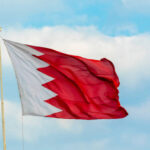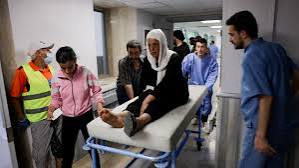
Bahrain has reduced the minimum investment required for its Golden Residency Visa by 35%, lowering the barrier for foreign investors and skilled professionals seeking long-term residency as the Gulf state accelerates efforts to attract capital and talent.
The country’s Nationality, Passports, and Residence Affairs Agency said the new rules cut the investment threshold for property owners to 130,000 Bahraini dinars ($345,000), down from 200,000 dinars ($530,000).
The change expands eligibility to a wider group of existing property holders and is expected to boost demand in the real estate market, a key economic priority for the kingdom.
Under the updated framework, individuals who already own property valued at or above the new threshold may immediately qualify for the Golden Residency Visa. The program, introduced to compete with similar long-term residency schemes across the Gulf, offers lifetime residency for holders and their families.
Bahrain’s government has sought to reposition the country as a destination for high-skilled workers and globally mobile investors as regional competition intensifies. Neighboring countries, including the UAE, Saudi Arabia and Qatar have implemented or expanded their own long-term visa tracks in recent years in a bid to diversify investment inflows beyond hydrocarbons.
Eligibility for Bahrain’s Golden Residency Visa extends beyond property investment. Qualified applicants also include employees who have worked in the country for at least five years and earn a monthly salary of 2,000 dinars ($5,306) or more.
One feature distinguishing Bahrain’s scheme from similar Gulf programs is its permanence. The visa has no expiry date, provides multiple entry privileges and allows holders to work freely across the country. Residency can be extended to spouses, children, and parents, strengthening its appeal for families considering long-term relocation.
The program also grants 100% business ownership rights to foreign residents, an advantage for investors exploring opportunities in Bahrain’s expanding technology, logistics, and financial services sectors.
The government has highlighted the country’s affordability, streamlined digital services and stable regulatory environment as additional incentives.
Officials say the reduced investment threshold is designed to stimulate real estate activity and reinforce Bahrain’s position as a regional hub for long-term residency and foreign investment. The move aligns with a wider Gulf trend of easing residency barriers to broaden the flow of capital and high-skilled labor into the region.













